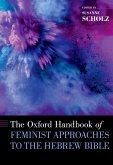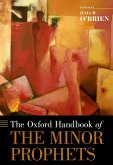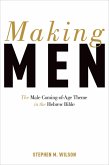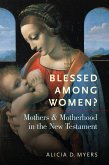The impact of Gilles Deleuze on critical thought in the opening decades of the twenty-first century rivals that of Jacques Derrida or Michel Foucault on critical thought in the closing decades of the twentieth. The "Deleuze and..." industry is in overdrive in the humanities, the social sciences, and beyond, busily connecting Deleuzian philosophy to everything from literature to architecture, metaphysics to mathematics, ethics to physics, sexuality to technology, and ecology to theology. What of Deleuze and the Bible? What does the Bible become when it is plugged into the Deleuzian corpus? An immense affective assemblage, among other things. And what does biblical criticism become in the process? A practice of close reading that is other than interpretation and renounces the concept of representation. Not just for those already familiar with the work of Deleuze, the book begins with an extended introduction to Deleuzian thought. It then proceeds to unexegetical explorations of five successive themes:
Text (how to make yourself a Bible without Organs, and why);
Body (why there are no bodies in the Bible, and how to read them anyway);
Sex (a thousand tiny sexes, a trillion tiny Jesuses);
Race (Jesus and the white faciality machine); and
Politics (democracy, despots, pandemics, ancient prophets). Cumulatively, these explorations limn the fluid contours of a Bible after Deleuze.
Dieser Download kann aus rechtlichen Gründen nur mit Rechnungsadresse in A, B, BG, CY, CZ, D, DK, EW, E, FIN, F, GR, HR, H, IRL, I, LT, L, LR, M, NL, PL, P, R, S, SLO, SK ausgeliefert werden.









